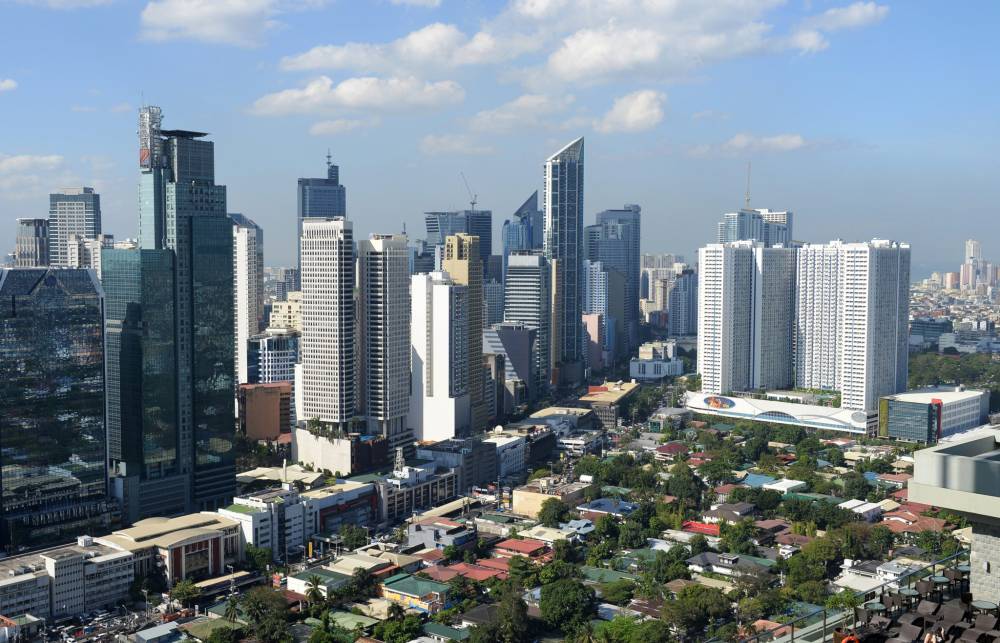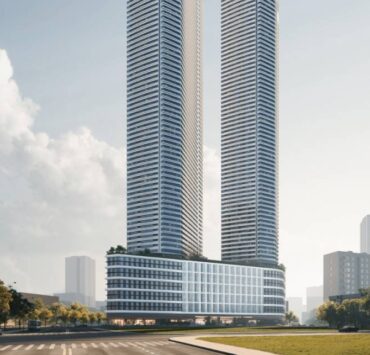PH property: Start strong, finish stronger

Despite a slower-than-expected economic expansion in the third quarter, the Philippines remains one of the fastest growing economies in Southeast Asia.
We, however, see better prospects for the remainder of the year given the holiday-induced spending. Historically, the fourth quarter is strong, driven by the remittances from Filipinos working abroad and the release of holiday bonuses of employees. With tempering inflation and interest rate cuts, we project better days ahead for office, residential, retail, leisure, and industrial sectors.
Subpar GDP expansion, but still one of the fastest in ASEAN
The Philippine economy grew by 5.2 percent the third quarter, slower than the 6.4 percent recorded in the previous quarter and the 6 percent expansion a year ago. Average GDP growth as of the first nine months is 5.8 percent, lower than the government-projected full year growth of between 6 and 7 percent.
Despite this, the country was the second fastest growing Asian economy in the third quarter, next to Vietnam’s 7.4 percent.
The government is optimistic that the growth target will be attained given the holiday-
induced spending, lower interest rates and subdued inflation in the last quarter of the year.
Rate cuts in the offing
The Bangko Sentral ng Pilipinas (BSP) slashed its benchmark policy rate by 25 basis points (bps) to 6 percent in October 2024 due mainly to a more manageable inflation. It hinted at another 25 bps cut in December 2024. So far this year, the BSP has reduced the policy rate by 50 bps.
Inflation reached 2.3 percent in October, from 1.9 percent in September. Inflation as of the first nine months reached 3.3 percent, within the government’s target range of between 2 and 4 percent.
In our view, easing inflation and policy rates should have a positive impact on the property market, especially for the pre-selling condominium segment, which is still recording stifled take up even in growth areas outside Metro Manila.

Navigating new office realities
More than three months after the announcement of the ban on Philippine offshore gaming operators (POGOs), the
Metro Manila office market posted its first negative net take-up since 2021, as vacated spaces outpaced demand during the third quarter of 2024.
With the upcoming lease terminations by POGO occupiers and non-renewal of pre-pandemic leases, Colliers projects elevated office vacancy and a flat net take-up by end 2024. Areas outside the National Capital Region (AONCR) continue to exceed expectations as outsourcing firms remain aggressive in expanding their footprint outside of Metro Manila.
Colliers Philippines’ Officer Services-Tenant Representation team notes that “disruptive events”, such as the United States Elections and regulatory changes (i.e. CREATE MORE, POGO ban and BEPS 2.0) will affect the office market until early next year and urges occupiers to take these into account in their real estate plans.
Colliers also encourages landlords to take steps in incentivizing return-to-office by addressing key employee concerns.
A sea change in the residential market
The Metro Manila pre-selling condominium segment continues to see lengthened remaining inventory life. This has been compelling developers to take a more cautious stance and temper new launches in the capital region.
While the BSP’s decision to cut interest rate bodes well for the sector, we do not see the reduction having an immediate impact on mortgage rates.
Headwinds in the property sector compel developers to continue offering innovative and attractive payment terms and early move-in promos. Firms are offering topnotch amenities and after-sales service, and these should partly buoy demand in Metro Manila, which continues to see substantial number of unsold ready for occupancy (RFO) units.
Developers continue to pivot to stay afloat. More leisure-themed projects including golf communities continue to be launched nationwide, injecting much needed optimism into the residential sector still suffering from elevated mortgage rates, high land values, rising prices of construction materials, and exodus of POGOs.
Capturing Filipinos’ growing retail spending
Mall operators continue to refresh retail spaces, as they entice mallgoers to stay longer and spend more. The traditionally strong fourth quarter is an opportune time for retailers and mall operators to ramp up their holiday marketing.
We see greater physical mall space absorption moving forward as foreign brands continue to open shop in the Philippines while existing brands continue to expand nationwide.
Colliers believes that mall operators and retailers need to cash in on the festive season by ensuring that retail spaces are more immersive and experiential while proactively taking into account the tenants’ size and fit out requirements. They should also look at the viability of featuring co-working facilities and work with their tenants to amplify their omnichannel strategies.
Better prospects
Overall, we see better prospects for the Philippine property market for the remainder of the year and we see these spilling over to 2025. There were challenges in the middle of 2024, but we see greater opportunities ahead.
Start strong, finish stronger.
For feedback, please email joey.bondoc@colliers.com
Prior to joining Colliers in March 2016, Joey worked as a Research Manager for a research and consutancy firm where he handled business, political, and macroeconomic analysis. He took part in a number of consultancy projects with multilateral agencies and provided research support and policy recommendations to key government officials and top executives of MNCs in the Philippines.


















